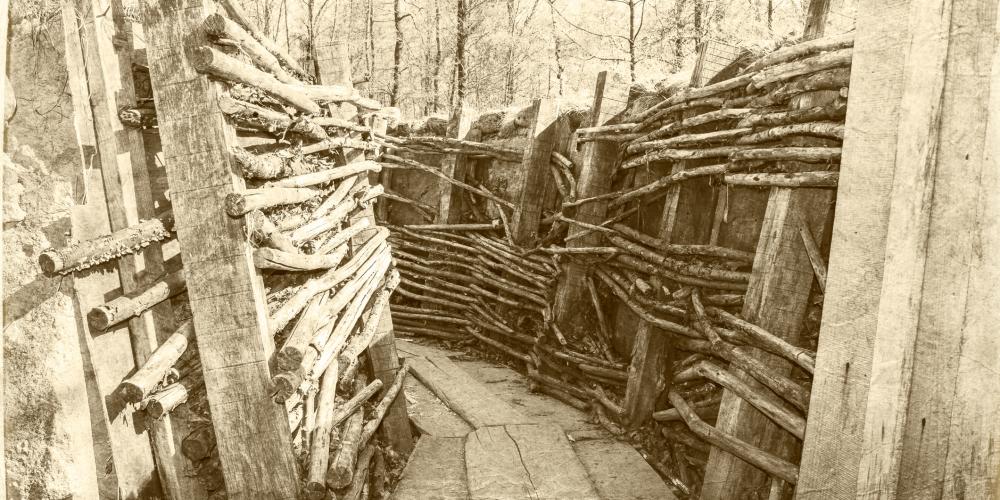
Cultural Exchange in a Time of Global Conflict: Colonials , Neutrals and Belligerents during the First World War
This project has sought to understand and analyse how the First World War created new spaces for, as well as put pressures on, encounters between peoples and cultures from belligerent, colonised and politically neutral countries.
Within the framework of this project, researchers suggested that the First World War – conventionally defined as a military ‘clash of empires’ – could be conceptualised as a watershed event in the history of cultural encounters.
CEGC also sought to unravel the lasting consequences – social, cultural and literary memory – of these encounters for Europe, as well as for its former colonies. Over a three-year period, it brought together a cross-disciplinary and multilingual team of researchers and eight cultural institutions from across Europe to examine these areas of research during the centennial years of the war’s commemoration.
The researchers adopted a comparative, interdisciplinary and culturally nuanced methodology to study a complex range of material, such as archival documents, newspapers, journals, literary texts, book trade practices, films, photographs, paintings and sound-recordings.
Research for the project was divided along two main strands: the war experience of the ‘colonials’ and ‘neutrals’, in various combinations with the belligerent states. About four million soldiers with diverse cultural and ethnic backgrounds from British, French and German colonial empires served in the war. During the war battlefields, hospitals, towns, prisoner-of-war camps became sites of encounter between different cultures and ethnicities.
Simultaneously, within Europe, a different kind of cultural encounter was being engineered. The belligerent states were each trying to win over the neutral nations by funding cultural institutions and trying to influence artists, writers and opinion makers from Denmark, Sweden, Switzerland and the Netherlands. This cultural propaganda included:
- art exhibitions
- theatre and music performances
- film distribution and screenings
- the founding and funding of magazines, cinemas and bookstores
- the flooding of the book market with imported books and translations to address mass audiences as well as to influence opinion.
The neutral countries soon became regions of international cultural encounters with a long-lasting impact.
Collectively, members of CEGC asked: what is the relation between the personal, ‘direct’ encounters in wartime – battlefield, POW camps, hospitals – and these state-sponsored, ideologically motivated ‘indirect’ encounters, through literature, film, propaganda?
Dr Santanu Das
Project Leader
King’s College London
United Kingdom
Project Partners
Dr Santanu Das
Project Leader
King’s College London
United Kingdom
Prof. Geert Buelens
Utrecht University
Netherlands
Dr Heike Liebau
Centre for Modern Oriental Studies
Germany
Prof. Hubert Van Den Berg
Adam Mickiewicz University in Poznań
Poland
Associate Partners
Rommy Albers
EYE Film Institute Netherlands
Netherlands
Suzanne Bardgett
Imperial War Museum
United Kingdom
Prof Wolfgang Schäffner
Humboldt University
Germany
Dominiek Dendooven
In Flanders Fields Museum
Belgium
Frank Herrebout
Stichting De Jazz Van Het Bankroet
Netherlands
Anna Kinder
Deutsches literatur archiv Marbach
Germany
Dr Elisabeth Tietmeyer
Museum Europaeische Kulturen
Germany
Dorian Van Der Brempt
deBuren Vlaams Nederlands Huis
Belgium